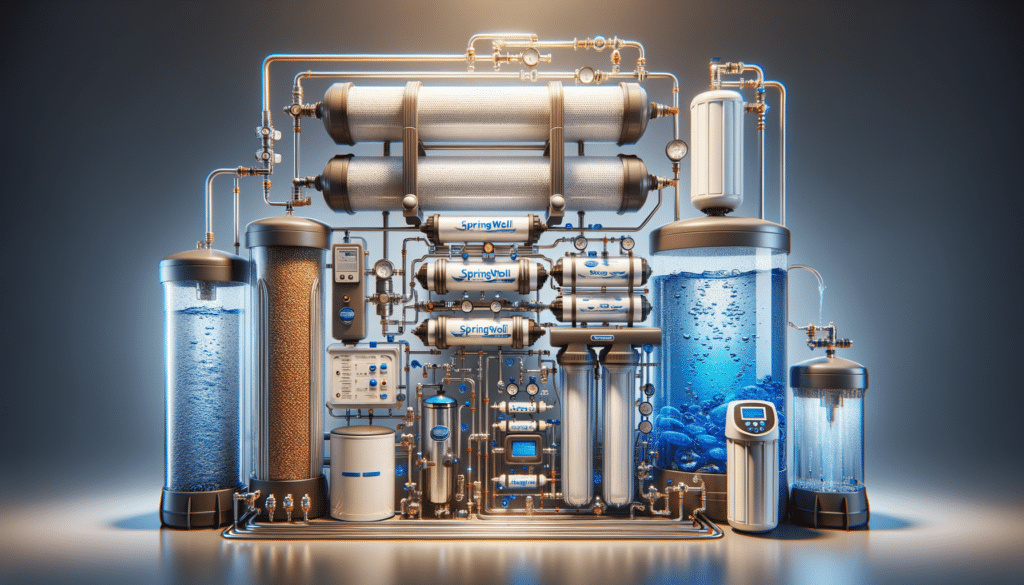Understanding Whole-House Water Filtration Systems
Whole-house water filtration systems are designed to treat all the water entering your home, ensuring that every tap delivers cleaner, safer water. These systems are crucial for homes relying on municipal water, which may contain impurities like chlorine, sediments, and other contaminants. By installing a whole-house filter, you can effectively reduce these impurities, improving the taste and quality of the water used for drinking, cooking, and bathing.
There are various types of whole-house water filtration systems, each with unique features tailored to specific needs. For instance, activated carbon filters are popular for their ability to remove chlorine and organic compounds, while sediment filters are effective in trapping particles like sand and rust. Some systems combine multiple filtration methods to address a broader range of contaminants.
When choosing a whole-house water filtration system, consider factors such as the specific contaminants present in your water supply, the flow rate of the system, and the maintenance requirements. Investing in a system that matches your household’s needs can lead to significant improvements in water quality, offering peace of mind for you and your family.
Exploring Whole-House Reverse Osmosis Systems
Whole-house reverse osmosis (RO) systems are renowned for their ability to provide exceptionally pure water by removing a wide range of contaminants, including heavy metals, salts, and microorganisms. These systems work by forcing water through a semipermeable membrane, effectively filtering out impurities.
While reverse osmosis is highly effective, it comes with considerations. One important factor is the water waste associated with the process, as RO systems typically discard a portion of the water to carry away impurities. Additionally, RO systems often require pre-filtration to remove larger particles, ensuring the longevity and efficiency of the membrane.
Despite these considerations, the benefits of a whole-house RO system are significant. They are particularly beneficial for households with specific water quality concerns, such as high levels of dissolved solids or specific contaminants that are challenging to remove with other filtration methods. Investing in an RO system can provide unparalleled water purity, contributing to better health and wellness for your family.
The Role of Water Softeners in Home Water Treatment
Water softeners play a vital role in home water treatment by addressing issues related to hard water, which contains high levels of calcium and magnesium. These minerals can lead to scale buildup in pipes and appliances, reducing their efficiency and lifespan. By using a water softener, you can effectively remove these minerals, protecting your plumbing system and improving the performance of household appliances.
Water softeners work through a process called ion exchange, where calcium and magnesium ions are replaced with sodium or potassium ions. This process not only prevents scale buildup but also enhances the effectiveness of soaps and detergents, leading to cleaner dishes and softer laundry.
When considering a water softener, it’s important to assess your household’s water hardness level and select a system that can handle your specific needs. Additionally, regular maintenance, such as replenishing the softener salt, is essential to ensure optimal performance. By integrating a water softener into your home water treatment system, you can enjoy the benefits of softer water, reduced maintenance costs, and improved appliance efficiency.


